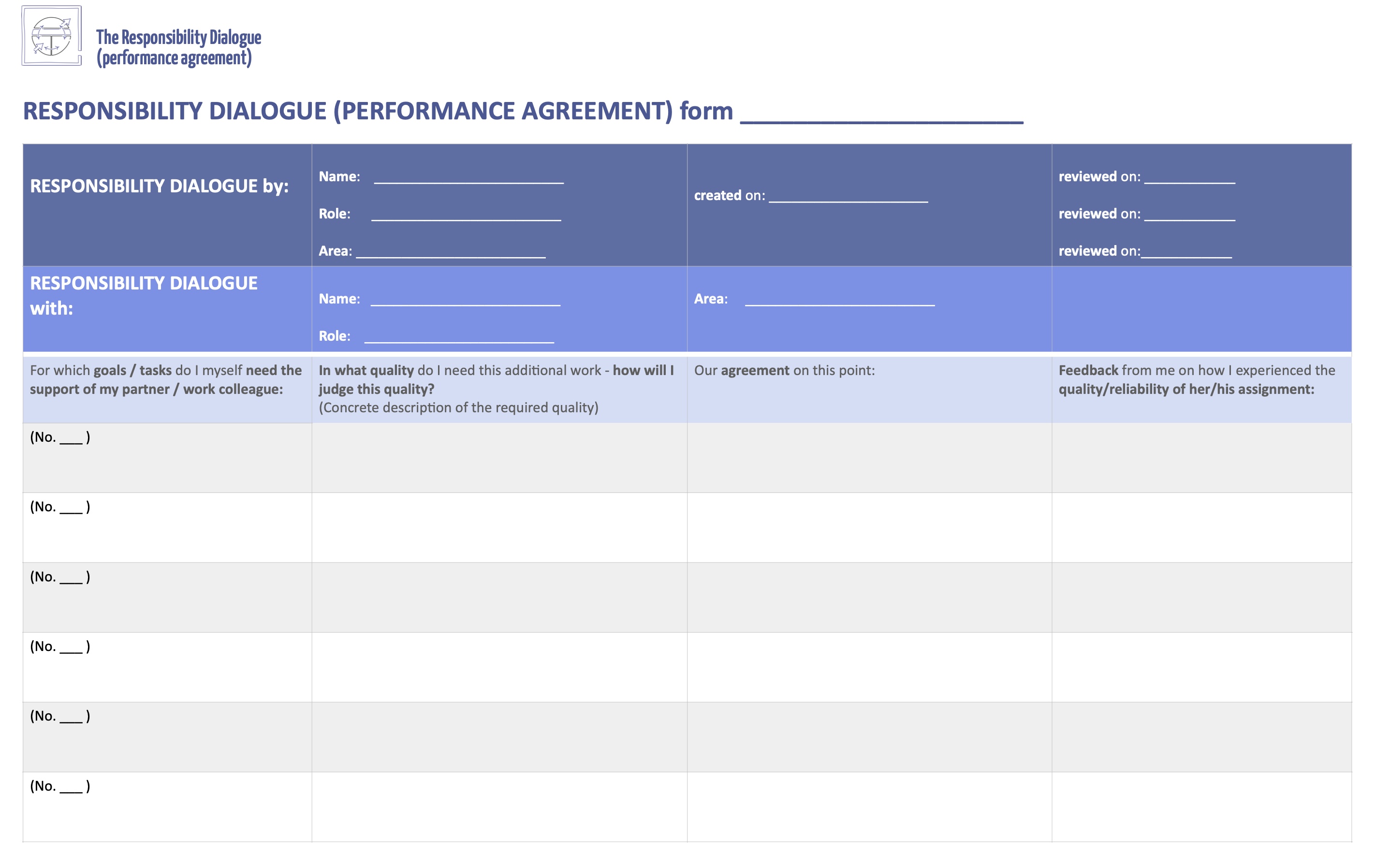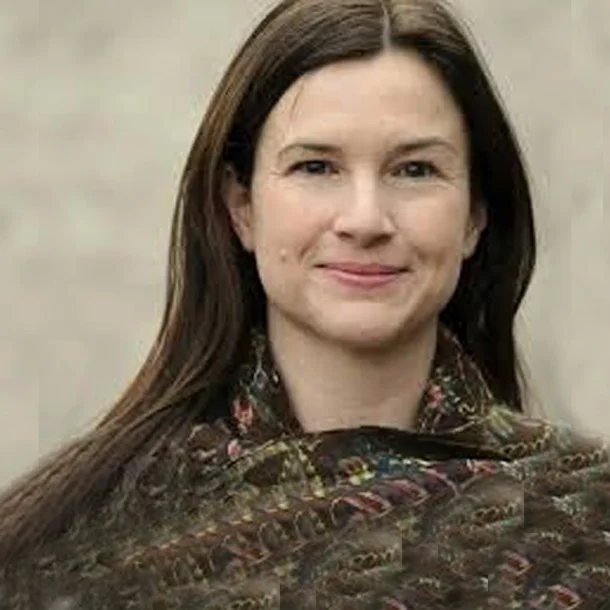Once your own initial situation is clear, the second step is to complete your personal role profile with the help of interaction partners.
Classic: 360° feedback
360-degree feedback, which involves colleagues, superiors and other relevant stakeholders, is known to be suitable for this. Collecting feedback from different perspectives not only clarifies the perception of one's own role by others, but also opens up opportunities to further develop one's own professional attitude based on the feedback collected. This approach supports the adaptation and further development of the professional role in line with the behavioural expectations of the environment.
The variation: the responsibility dialogue
A less common alternative to 360° feedback is the responsibility dialogue. Together with your most important current interaction partners, it answers the question: "What exactly - for which specific tasks and services - am I responsible and accountable for in my collaboration with the other person?"
The "responsibility dialogue" helps you to make binding and verifiable agreements with all your important interaction partners so that you and the others can do your work excellently. And of course you can also adjust these agreements at any time, for example if your role in the team, its task or composition changes!
The consistent use of the responsibility dialogue is therefore an optimal tool for dynamic organizations and rapidly developing professional roles.
This is how the responsibility dialogue works:
Each team member creates a RESPONSIBILITY DIALOGUE with all those team members who (must) make an important contribution / provide input / support so that the team member can fulfil their role(s) in the team excellently
The entire area of responsibility of a team member thus results in principle from all RESPONSIBILITY DIALOGUE / performance agreements that a person makes with their important partners / colleagues!
The RESPONSIBILITY DIALOGUE should be created / updated / renewed as soon as there is a significant change in the requirements that a team member has of another team member.
In principle, all RESPONSIBILITY DIALOGUES of a team are open and can be viewed by everyone (ideally digitally, if a tool is available for this).
The following form is best filled out online and maintained permanently:

Of course, you can also use the form just for yourself. But your entire team can benefit greatly from sharpening their personal role profile. And why do something on your own when it makes teamwork more efficient overall :-) ?!
Basically, the consistent application of the tool shows that - just like in nature! - Dynamic professional roles are characterised by rapid "mutations", i.e. the role owners react to changing environmental influences with adaptive reactions - successful new behavioural variants and routines become established and thus enable the successful development of organizations and individuals.
So far, we have focussed on the current role and a dynamic reaction to changing tasks and interaction partners. The professional role approach is also ideal for planning and efficiently implementing your own professional development.
Read more about this in the next blog: Tool 3 "Developing a vision of the future"




